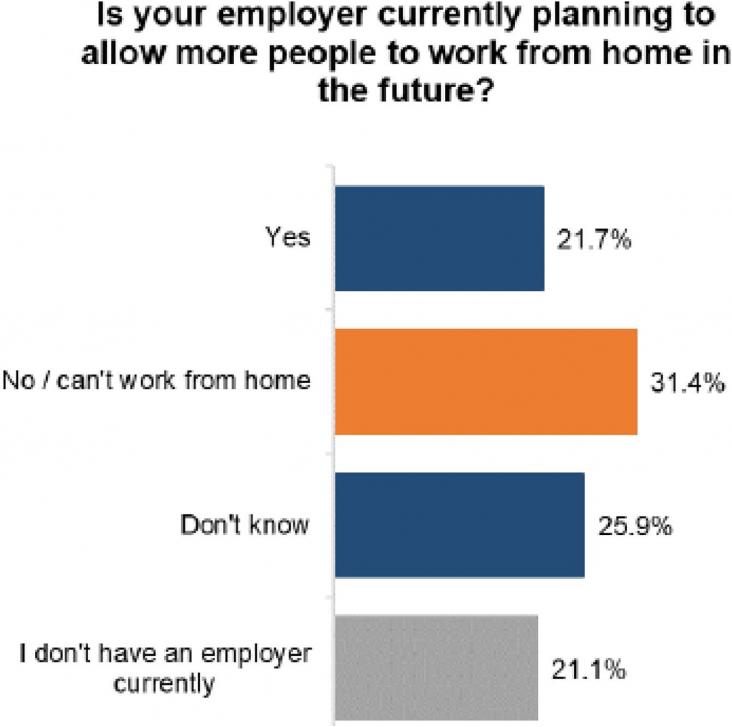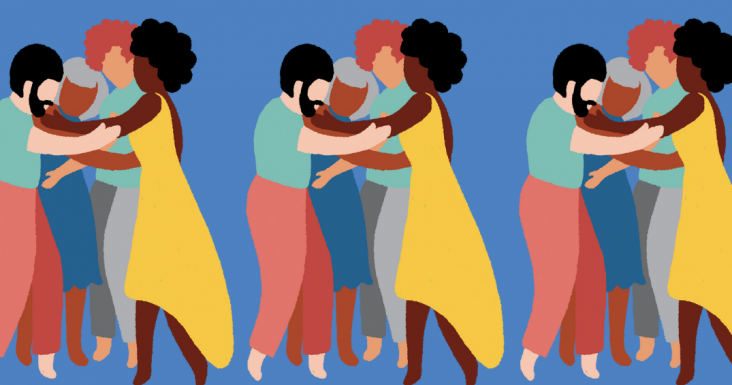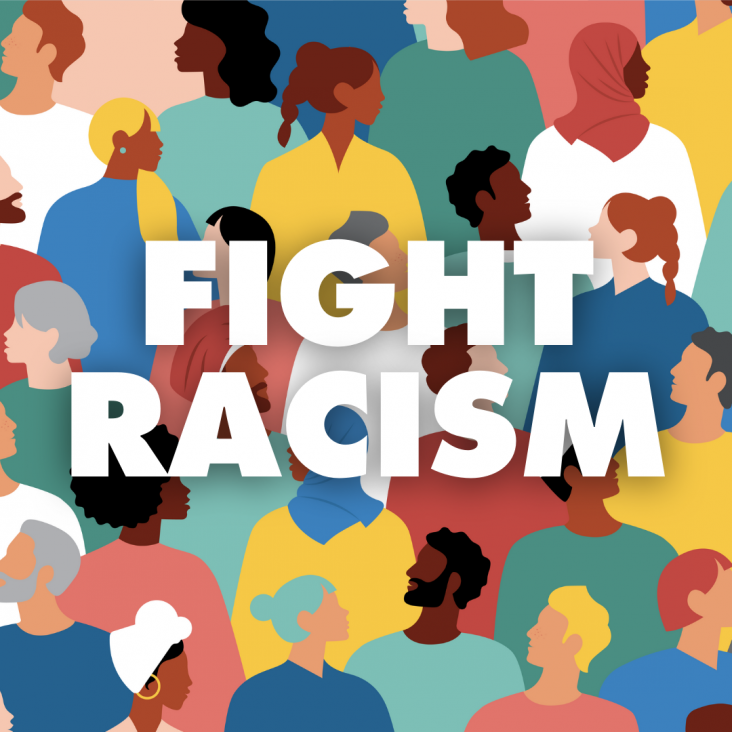The ongoing novel coronavirus (COVID-19) pandemic has highlighted the need for individuals to have easy access to healthcare facilities for treatment as well as vaccinations.

Telecommuting has become a dominant professional experience for many Canadian business and workers due to the COVID-19 pandemic. Telecommuting has several benefits that are separate from COVID-19.
This content links with Goal 3: Good health and well-being and Goal 10: Reduced Inequalities by providing information on Cholangiocarcinoma (CCA), cancers that arise from biliary epithelium including intrahepatic cholangio (ICC), and gallbladder cancer (GB CA).
This Series paper supports SDGs 3 and 10, reviewing the intersectionality of HIV-related stigma and ageing-related stigma with health-related quality of life, suggesting that the intersectionality of stigmas creates a new inequality that is greater than the individual components.

For International Day for the Elimination of Racial Discrimination 2022, Márcia Balisciano, Global Head of Corporate Responsibility at RELX speaks to Jean Chawapiwa and Sara Bodison about the importance of developing diverse supply chains.
Health care providers and technology companies may consider forming health equity advisory algorithmic stewardship committees that can provide oversight and evaluate the design and implementation of real-world AI/ML solutions.

The International Day for the Elimination of Racial Discrimination is celebrated every year on March 21st. Elsevier has selected and curated a number of journal articles and book chapters in a dedicated Special issue to highlight this important theme. These articles are freely available to read and share. #fightracism #Standup4humanrights
An analysis of ethnic inequalities in reproductive, maternal, newborn and child health interventions in Ecuador, in the context of SDG 3 and 10, showing that Indigenous people are most likely to face difficulty accessing such services.
An Article examining ethnic inequalities in stroke care in New Zealand, in the context of SDG 3 and 10, with the results showing poorer access to stroke interventions among Māori communities.
Objectives: Health inequities exist for racial groups as a result of political, societal, historical and economic injustices, such as colonisation and racism.
